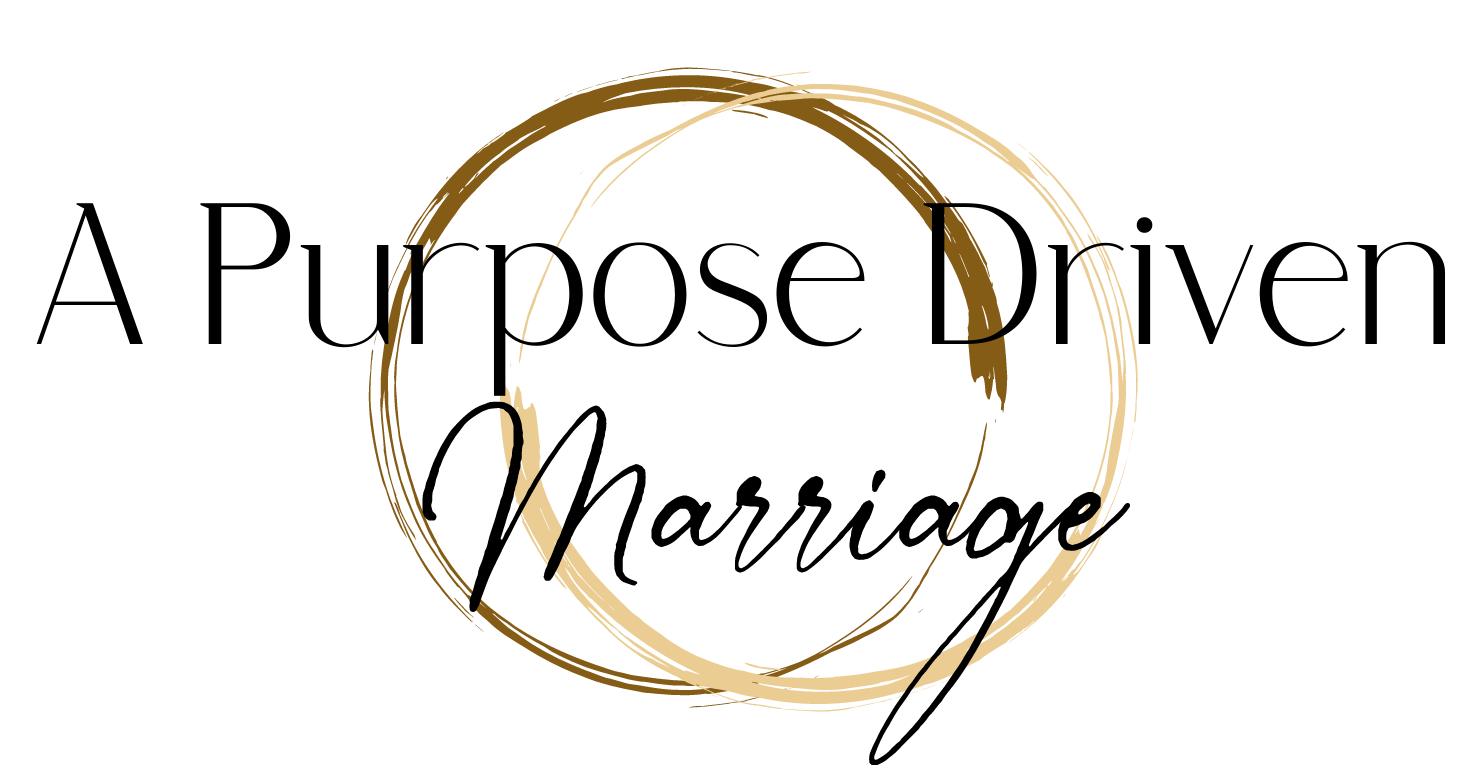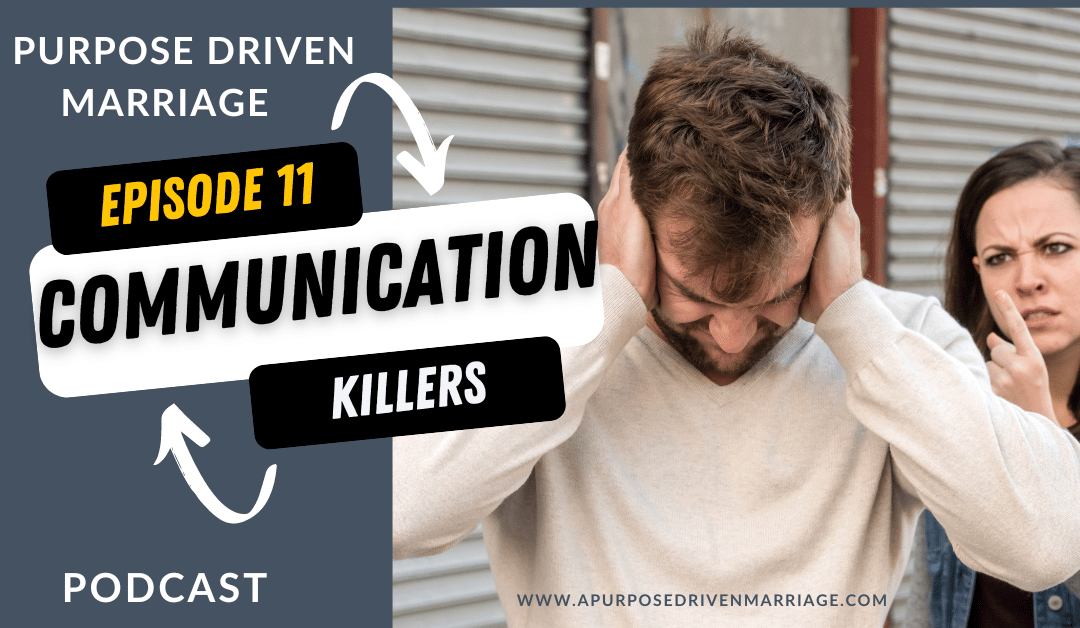Communication is the foundation of any healthy relationship. It’s the key to building trust, understanding, and intimacy. But unfortunately, there are certain communication killers that can undermine even the strongest relationships.
In episode 11, Duane and Nadine unpack some of the most common communication killers that many couples don’t realize are sabotaging their efforts to connect and are, instead, leading them to a path of conflict.
Some highlights:
Criticism– Complaining is sometimes necessary in order for us to be able to communicate our needs. However, criticism is a type of communication that focuses on the negative aspects of a person’s behavior or character. When we criticize our spouse, we are essentially attacking their self-esteem and making them feel like they’re not good enough. This can lead to feelings of resentment, defensiveness, and ultimately, a breakdown in communication.
For example, instead of complaining by saying, “I feel hurt when you forget to call me,” a criticism would be “You never remember to call me, you’re so thoughtless.” This type of language is accusatory and unproductive. Instead, focus on using “I” statements to express your feelings and needs in a constructive way. And as Duane mentions on this episode of the podcast, it would be to your benefit to remove the words “always” and “never” from your relationship’s vocabulary.
Contempt – Contempt is the most destructive of the communication killers. It’s disrespectful, condescending, and is poisonous to a relationship because it conveys disgust and superiority.
Rather than saying, “I’m upset that you didn’t listen to me,” a contemptuous person may say, “You’re always so selfish, you never listen to me.” This type of communication is hurtful and can erode the foundation of trust and respect in a relationship.
Defensiveness– Defensiveness is a natural response to criticism or contempt, but it can be a communication killer in its own right. When we become defensive, we’re essentially shutting down communication and not allowing opportunity to resolve conflict. This can prevent us from truly hearing and understanding our partner’s perspective, making them feel unheard and alone.
Saying “I can see why you’re upset, I’m sorry I forgot to take out the trash,” is far healthier to the relationship than, “I was busy, it’s not my fault you’re so picky about the house.”
Stonewalling – Stonewalling is when we shut down and refuse to engage in communication. It literally becomes like trying to have a conversation with a stone wall, which has never been shown to be productive. It can be a defense mechanism when we feel overwhelmed or attacked, but it can also be a communication killer. When we stonewall, we don’t allow our spouse to express their feelings or share their perspective, which can lead to feelings of isolation and disconnection.
For example, instead of shutting down and refusing to talk about an issue, try saying “I’m feeling overwhelmed right now. Can we take a break and come back to this conversation later when I can fully engage?” This approach acknowledges your feelings while also showing a willingness to continue the conversation.
Disrespect – Disrespect is a communication killer that we decided to add at the last minute. It’s prevalent in all of the other communication killers and can really destroy a relationship. The things is, there’s really no reason for it in a marriage. Keep in mind that your spouse is, at one time, who you fell in love with. This is the person you stood at the altar alongside of, promising to love for the rest of your life. The least you can do is continue to offer them the respect they deserve as your other half.
Before you go, don’t forget to grab a copy of our freebie: Goal Setting for Couples
Click the button to learn more about the Ultimate Communication Course for Couples – coming soon!
Follow us for more helpful tools and resources!
- Connect with us on Instagram @apurposedrivenmarriage
- Follow us on Facebook
- Get a FREE copy of “31 Conversation Starters to Improve Communication”
- To contact me about coaching, speaking, or hosting a workshop, email me at nadine@apurposedrivenmarriage.com

